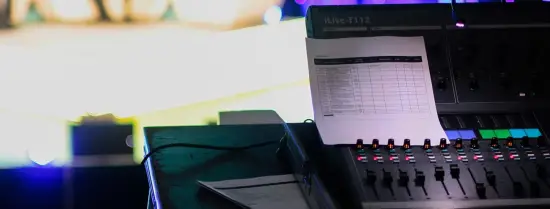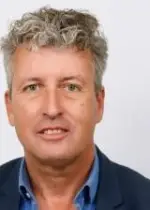The Entertainment-Education Strategy in the New Media Landscape
The Entertainment-Education (EE) strategy uses popular media to reach and entertain large audiences while educating them on prosocial topics such as family planning, domestic violence, or health. However, during the last few decades the media landscape is becoming increasingly saturated and audiences have scattered across channels. These changes in the media landscape pose challenges and opportunities to the EE strategy. This PhD-project aims to further increase the reach and impact of the EE strategy by researching innovative interventions that make optimal use of the new media landscape’s dynamics.
Recently, there has been a growing interest in how popular media can spark social change. Research shows that Entertainment-Education (EE) interventions such as Simplemente Maria, Soul City, and East Los High have been able to reach and entertain large audiences while educating them on prosocial issues such as family planning, domestic violence, or health (Singhal & Rogers, 2004). The creation of such EE intervention is guided by research, design, and implementation processes that contribute to promoting different stages of individual and social change (Bouman, 1999).
During the last few decades the media landscape and the audiences’ media behaviours have changed. These changes pose new challenges and opportunities for EE strategies. For example, the media landscape is becoming increasingly saturated and audiences are scattering across channels. In addition, the influence of broadcasting schedules on the audiences’ media behaviours is declining, while the internet – providing a constant stream of media – seems to become increasingly influential in directing our media gaze (Locke, 2016). In short: the audiences’ media behaviours are shifting from the schedule to the stream.
This PhD-project aims to increase the reach and impact of the EE strategy by making optimal use of the streams dynamics. To achieve this, the project follows Jenkins, Ford & Green’s (2013) definition of spreadable media stating that interventions’ potential reach and impact not only depend on storytelling and media formats, but also on the economic structures and social networks in which media creation and dissemination occur. Consequently, this project researches innovative collaboration strategies and research methods that enable EE practitioners to create spreadable EE interventions.
References:
Bouman, M. (1999). The Turtle and the Peacock : collaboration for prosocial change : the entertainment - education strategy on television. Retrieved from library.wur.nl/WebQuery/wurpubs/60667
Jenkins, H., Ford, S., & Green, J. (2013). Spreadable Media: Creating Value And Meaning In A Networked Culture. New York, NY: New York University Press.
Locke, M. (2016). After the Stream. Retrieved September 15, 2016, from http://www.mediaparkjaarcongres.nl/matt-locke-after-the-stream/
Singhal, A., & Rogers, E. M. (1999). Studying Entertainment-Education Effects. In Entertainment-education: A Communication Strategy for Social Change (pp. 180–204). Ebingdon: Taylor & Francis.
Research Team
PhD Candidate
Promotors
Funding
The Netherlands is one of the most prosperous countries in the world. However, there are large health disparities among Dutch citizens. Vulnerable groups, often with low incomes and/or education level, are less healthy than Dutch citizens with a middle or high incomes. MediaLab – a collaboration between the Center for Media & Health, the Dutch Kidney Foundation, the Dutch Heart Foundation, and Alzheimer Netherlands – aims to challenge this health gap by experimenting with new communication methods and developing innovative media formats to reach vulnerable groups more effectively.
This PhD-project a collaboration between the Center for Media & Health and the Erasmus Research Centre for Media, Communication and Culture (ERMeCC) and is conducted as part of the MediaLab agenda. The project will focus on innovative Entertainment-Education (EE) strategies to reach and impact vulnerable audiences and contribute to closing the health gap within the Dutch society.




